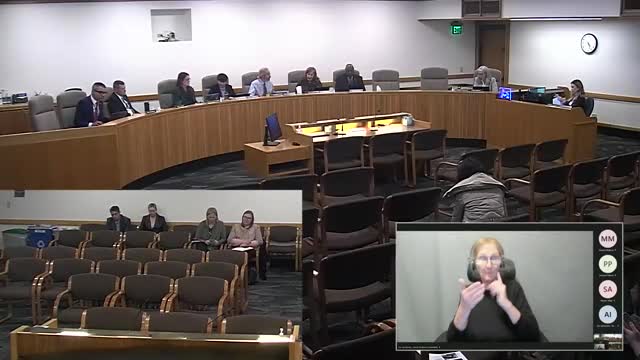Article not found
This article is no longer available. But don't worry—we've gathered other articles that discuss the same topic.

Committee reviews plan to raise limits for simple estate affidavits and add annual cost‑of‑living adjustments
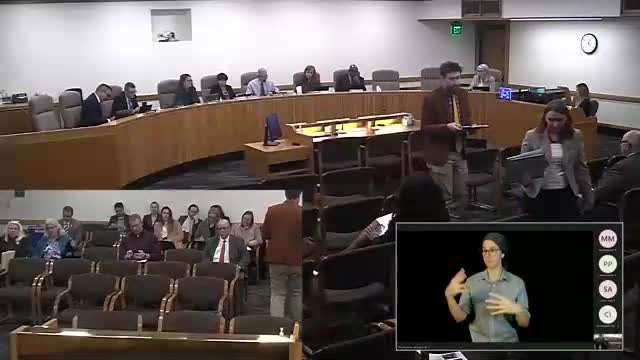
Committee hears wide‑ranging OMMP and medical‑cannabis changes; employers and safety groups oppose employment‑related sections
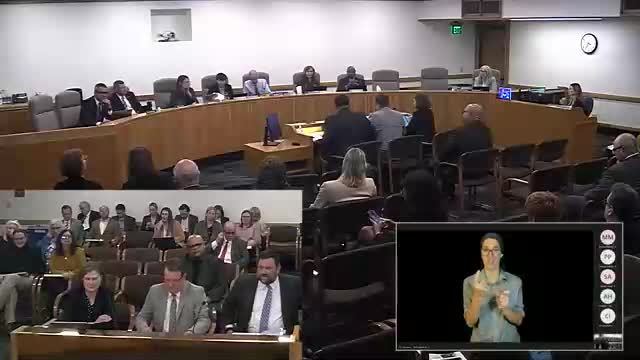
Judicial leaders press committee to raise judge salaries to retain experienced bench
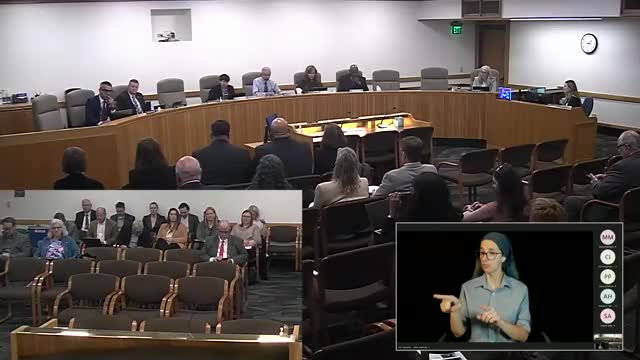
Senate Judiciary committee hears request to add six circuit judges to under-resourced counties
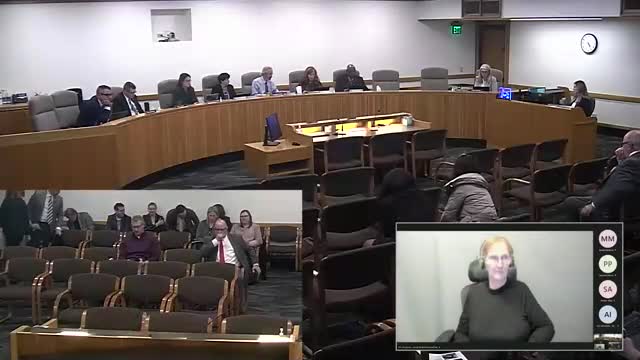
Senate Judiciary Committee formally introduces six committee bills; roll call records ayes
